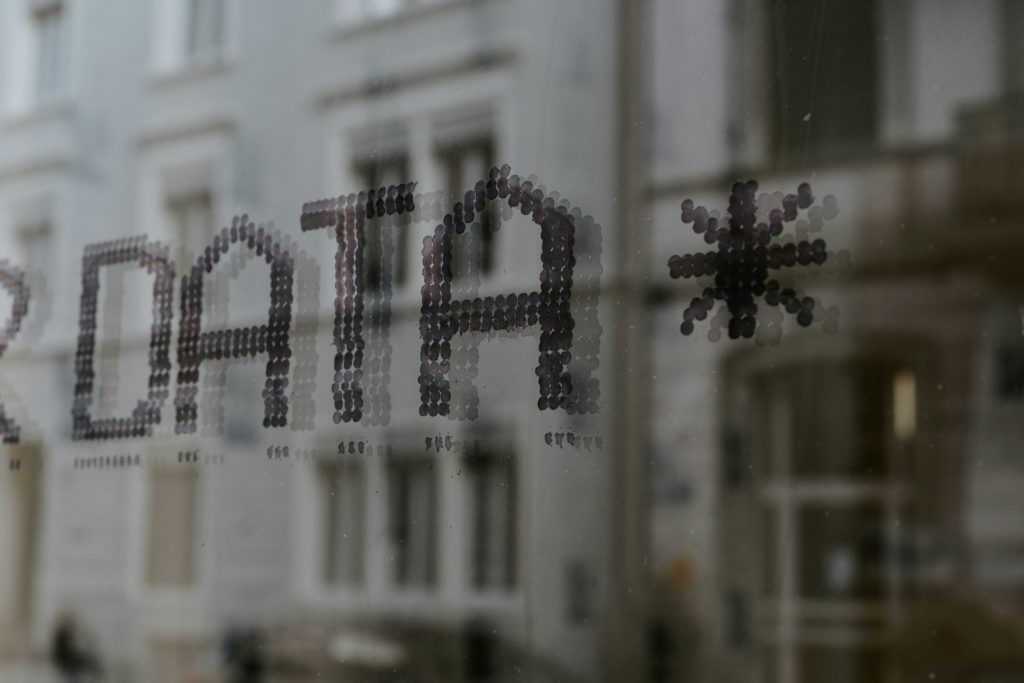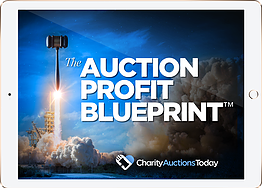DOWNLOAD The Auction Profit Blueprint
The 4 tools BIG organizations use every time to skyrocket auction profits!
The Step-By-Step Guide to stop leaving thousands on the table.
If you’re wondering just how secure donor management systems are, CharityAuctionsToday can help. Learn whether these nonprofit tools can sell data or not.

Nonprofits rely heavily on donor management systems to streamline their fundraising efforts, maintain donor relationships, and secure the funding they need to fulfill their missions. These systems serve as centralized databases that store sensitive donor information, including contact details, donation history, and communication preferences. However, as privacy concerns grow, many nonprofit professionals and donors alike have one pressing question: Do donor management systems sell data?
A donor management system is a software tool designed to help nonprofits organize, track, and engage their donors. Features often include:
Given the depth and sensitivity of the data stored, donor trust is critical. Donors expect their information to be handled securely and used solely to support the nonprofit’s mission.
Most reputable donor management systems do not sell donor data. Leading platforms understand that their clients, nonprofit organizations, are deeply committed to protecting their donors’ privacy. Selling donor information would not only breach this trust but also harm the reputation of the software provider and the nonprofits they serve.
However, as with any data-dependent platform, the specifics often depend on the company’s privacy policies, terms of service, and the practices of individual organizations using the software.
Although outright data selling is uncommon among reputable donor management systems, there are a few scenarios in which privacy concerns might surface:
To safeguard donor information and reassure donors, nonprofits should take proactive steps:
Legislation like the General Data Protection Regulation (GDPR) in the European Union and the California Consumer Privacy Act (CCPA) in the United States has heightened awareness of data privacy issues. These laws hold companies accountable for how they collect, store, and share personal data. While nonprofits and donor management systems may not always be directly regulated under these laws, they set important standards for ethical data handling.
Donor trust is the cornerstone of nonprofit success. If donors feel their information is at risk of being misused, they may hesitate to give or withdraw their support altogether. Nonprofits and their donor management system providers must work together to ensure donor data is treated with the highest ethical standards.
In summary, reputable donor management systems generally do not sell donor data. However, nonprofits must remain vigilant, carefully vet providers, and stay informed about how their donors’ data is handled. By prioritizing transparency and security, nonprofits can maintain donor trust and protect their most valuable asset—their relationships.
DOWNLOAD The Auction Profit Blueprint
The 4 tools BIG organizations use every time to skyrocket auction profits!
The Step-By-Step Guide to stop leaving thousands on the table.

